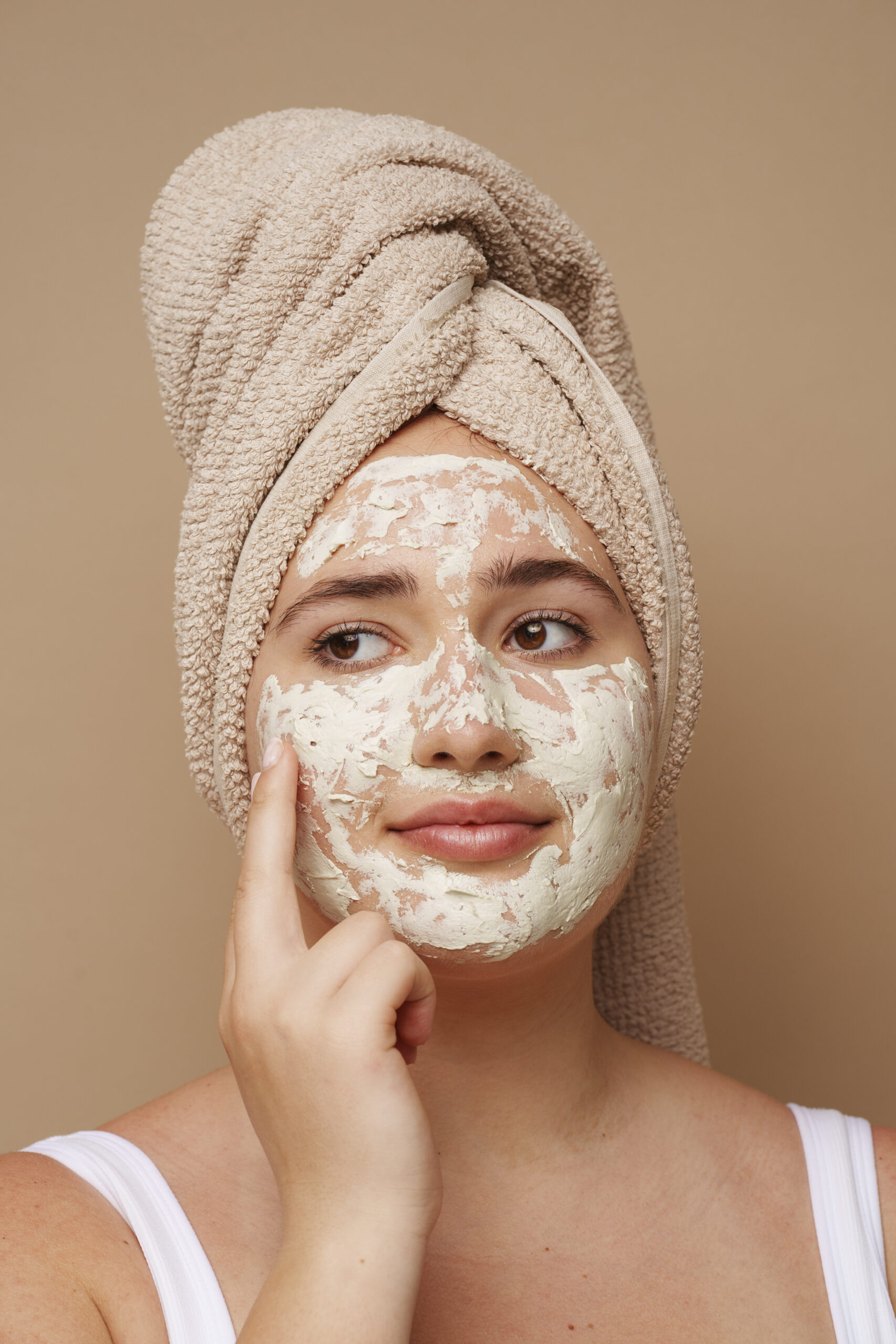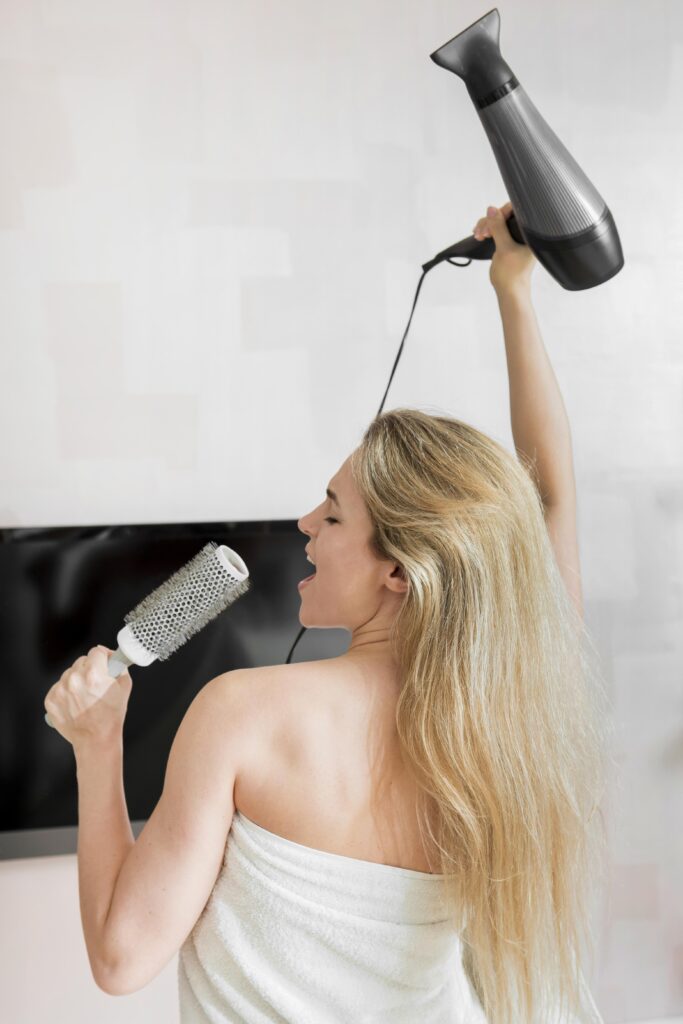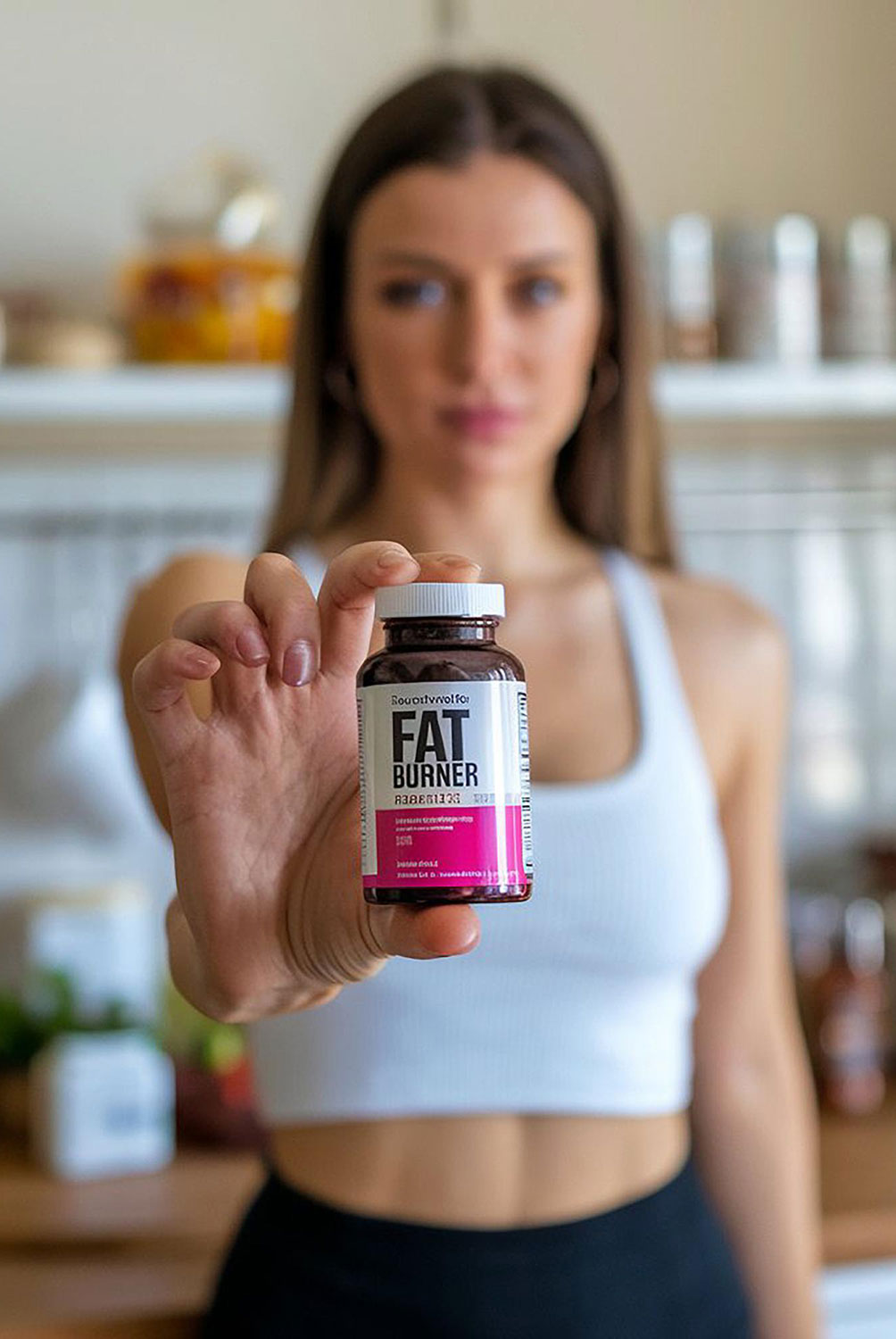Strengthening Hair from Within

Strengthening Hair from Within
Table of Contents
The foundation of healthy, vibrant hair lies not just in the visible strands, but in the unseen roots beneath the scalp. Strong hair roots are the bedrock for growth, resilience, and overall hair vitality. When the roots are weakened, it can lead to a cascade of problems, including hair thinning, increased breakage, and a lacklustre appearance. This comprehensive guide will delve into the science of hair roots, exploring the myriad factors that impact their strength and providing actionable strategies and remedies to fortify them from within, paving the way for stronger, healthier, and more abundant hair.
Understanding the Hair Root: The Anchor of Growth
To effectively strengthen hair roots, it’s crucial to understand their structure and function. The hair root is the base of the hair follicle, embedded within the scalp. It’s where hair growth originates, housing the dermal papilla, a connective tissue containing capillaries that supply blood and nutrients to the hair follicle. The matrix, located at the base of the hair root, is where cell division occurs, leading to the elongation of the hair shaft. The health and strength of the hair root directly dictate the quality, growth rate, and longevity of the hair strand.

The Culprits: Factors Weakening Your Hair Roots
Numerous factors can compromise the strength and health of hair roots:
- Nutritional Deficiencies: Hair growth and strength are heavily reliant on a consistent supply of essential vitamins, minerals, and proteins. Deficiencies in iron, zinc, biotin, vitamin D, and protein can significantly weaken hair roots, leading to thinning and hair loss.
- Hormonal Imbalances: Hormonal fluctuations, such as those experienced during puberty, pregnancy, menopause, and due to thyroid disorders, can disrupt the hair growth cycle and weaken hair roots. Androgens, like DHT (dihydrotestosterone), can shrink hair follicles and shorten the growth phase.
- Stress and Anxiety: Chronic stress can have a profound impact on hair health. It can trigger telogen effluvium, a condition where a large number of hair follicles enter the resting (telogen) phase prematurely, leading to increased shedding and weakened roots.
- Harsh Hair Care Practices: Aggressive brushing, tight hairstyles (like ponytails and braids), excessive heat styling, and harsh chemical treatments (perming, relaxing, coloring) can put significant strain on the hair roots, causing damage and weakening them over time.
- Scalp Conditions: Underlying scalp conditions such as seborrheic dermatitis, psoriasis, and fungal infections can inflame the scalp and disrupt the healthy functioning of hair follicles, weakening the roots.
- Genetics: Genetic predisposition plays a significant role in hair thickness and the likelihood of hair loss. Androgenetic alopecia, or pattern baldness, is a hereditary condition that causes hair follicles to shrink over time, leading to weakened roots and eventual hair loss.
- Ageing: As we age, the rate of hair growth naturally slows down, and hair follicles may become less efficient, leading to thinner and weaker hair roots.
- Environmental Factors: Exposure to pollution, hard water, and excessive sun can also contribute to hair damage and weaken the roots.

The Root Revival: Strategies for Strengthening Your Hair from Within
Fortifying your hair roots requires a holistic approach that addresses both internal and external factors. Here are effective strategies to cultivate stronger, healthier hair from the foundation:
1. Nourish from Within: The Power of Diet
A balanced diet rich in essential nutrients is paramount for strong hair roots:
- Protein: Hair is primarily made of keratin, a protein. Ensure adequate intake of protein-rich foods like lean meats, fish, eggs, dairy, beans, lentils, and tofu to provide the building blocks for strong hair growth.
- Iron: Iron deficiency is a common cause of hair loss. Include iron-rich foods such as red meat, spinach, lentils, and fortified cereals1 in your diet. Consider iron supplementation if recommended by a doctor.
- Zinc: Zinc plays a crucial role in hair tissue growth and repair. Good sources include oysters, beef, pumpkin seeds, and chickpeas.
- Biotin (Vitamin B7): Biotin is essential for keratin production. While severe deficiency is rare, ensure you consume biotin-rich foods like eggs, nuts, seeds, and sweet potatoes.
- Vitamin D: Vitamin D may play a role in hair follicle cycling. Get adequate sun exposure (safely), consume vitamin D-rich foods like fatty fish and fortified foods, or consider supplementation if levels are low.
- Omega-3 Fatty Acids: These healthy fats, found in fatty fish, flaxseeds, and walnuts, can promote scalp health and potentially improve hair growth.
- Antioxidants: Vitamins C and E, along with other antioxidants found in fruits and vegetables, help protect hair follicles from damage caused by free radicals.
2. Scalp Care: The Foundation for Strong Roots
A healthy scalp is essential for strong hair roots:
- Regular Scalp Massage: Gentle scalp massage increases blood circulation to the hair follicles, delivering more nutrients and oxygen to the roots. Use your fingertips to massage your scalp in circular motions for a few minutes daily. You can also incorporate hair oils during massage for added benefits.
- Choose the Right Hair Care Products: Opt for gentle, sulfate-free shampoos and conditioners that cleanse the scalp without stripping it of its natural oils, which can weaken the roots.
- Exfoliate Your Scalp: Just like the skin on your face, your scalp can benefit from exfoliation to remove dead skin cells and product buildup that can clog follicles and hinder healthy growth. Use a gentle scalp scrub or a salicylic acid-based product.
- Address Scalp Conditions: If you have any underlying scalp conditions like dandruff or seborrheic dermatitis, seek appropriate treatment to create a healthy environment for hair roots to thrive.
3. Gentle Hair Handling: Minimizing Stress on Roots
Minimize stress and tension on your hair roots:
- Avoid Tight Hairstyles: Frequent use of tight ponytails, braids, and buns can pull on the hair roots, leading to traction alopecia (hair loss caused by repeated pulling). Opt for looser styles whenever possible.
- Handle Wet Hair with Care: Hair is most vulnerable when wet. Avoid aggressive towel drying and use a wide-tooth comb to gently detangle.
- Minimize Heat Styling: Excessive use of heat styling tools like flat irons, curling irons, and hair dryers can dehydrate and weaken hair strands and roots. Use heat protectants when styling and limit the frequency of heat application.
- Be Gentle When Brushing: Use a soft-bristled brush and avoid tugging or pulling on your hair. Start detangling from the ends and work your way up.
4. The Power of Hair Oils: Nourishing the Roots Directly
Certain hair oils are renowned for their ability to nourish and strengthen hair roots:
- Rosemary Oil: This potent oil stimulates blood circulation to the scalp, promoting hair growth and strengthening roots. Dilute it with a carrier oil like coconut or jojoba oil before applying to the scalp.
- Castor Oil: Rich in ricinoleic acid, castor oil is believed to improve blood circulation and nourish hair follicles, promoting stronger roots and hair growth. Its thick consistency requires dilution with a carrier oil.
- Coconut Oil: Coconut oil penetrates the hair shaft and scalp, providing deep nourishment and strengthening the hair from the roots. Its medium-chain fatty acids help improve scalp health.
- Jojoba Oil: Similar to the scalp’s natural sebum, jojoba oil helps to balance oil production, moisturize the scalp, and strengthen hair follicles.
- Argan Oil: Rich in antioxidants and fatty acids, argan oil nourishes the scalp and strengthens hair roots, improving overall hair health and shine.
5. Stress Management: Cultivating Inner Calm
Managing stress is crucial for healthy hair roots:
- Practice Relaxation Techniques: Incorporate stress-reducing activities like yoga, meditation, deep breathing exercises, and mindfulness into your routine.
- Ensure Adequate Sleep: Aim for 7-9 hours of quality sleep each night to support overall health and hormone balance, which can impact hair growth.
- Engage in Regular Exercise: Physical activity can help reduce stress levels and improve circulation, benefiting scalp health.
6. Professional Treatments: Seeking Expert Care
For persistent hair thinning or significant concerns about your hair roots, consider seeking professional help:
- Consult a Dermatologist: A dermatologist can diagnose any underlying scalp conditions or hormonal imbalances contributing to weakened hair roots and recommend appropriate medical treatments.
- Low-Level Laser Therapy (LLLT): This non-invasive treatment uses low-level lasers to stimulate hair follicles, improve blood circulation, and promote hair growth.
- Platelet-Rich Plasma (PRP) Therapy: This involves injecting concentrated platelets from your own blood into the scalp2 to stimulate hair follicles and promote hair growth.3
7. The Role of Supplements: Addressing Deficiencies
While a balanced diet is ideal, supplements can help address specific nutrient deficiencies that may be impacting hair root strength. However, it’s crucial to consult a doctor before starting any supplementation to determine if you have a deficiency and the appropriate dosage.
Product Recommendations for Strengthening Hair Roots
1. Mielle Organics Rosemary Mint Scalp & Hair Strengthening Oil:
- Description: This popular hair oil is infused with rosemary and mint, known for their stimulating properties that can increase blood circulation to the scalp. Improved circulation helps deliver essential nutrients to the hair follicles, strengthening the roots and promoting hair growth. It also contains biotin, which is crucial for keratin production, a key protein in hair structure. Regular use can lead to less breakage and stronger, healthier hair.
2. NatureLab. Tokyo Perfect Volume Thickening & Conditioning Hair Masque:
- Description: While focused on volume, this hair mask contains ingredients like keratin and lightweight oils that can contribute to strengthening the hair shaft from the root outwards. By conditioning deeply, it helps to improve hair elasticity and reduce breakage, which can be a sign of weakened roots. A healthier, more resilient hair shaft is better supported by strong roots.
3. The Ordinary Multi-Peptide Serum for Hair Density:
- Description: This serum features a concentrated blend of peptides, including Procapil and Capixyl, which target the scalp to promote a denser and fuller appearance of hair. By supporting a healthy scalp environment and encouraging better blood flow, these peptides can indirectly contribute to strengthening the hair follicles and roots over time, leading to less hair fall.
4. Nutrafol Women/Men Hair Growth Supplement:
- Description: Nutrafol is a hair growth supplement formulated with a blend of vitamins, minerals, and botanical extracts like ashwagandha, biotin, and marine collagen. These ingredients work from within to address various root causes of hair thinning and weakened hair, such as stress, hormonal imbalances, and nutritional deficiencies. By nourishing the body with essential building blocks, it aims to strengthen hair follicles and promote healthier, more resilient hair growth from the root. Note: Consult a doctor before starting any new supplement.
5. Briogeo Avocado + Kiwi Mega Moisture Superfood Mask:
- Description: This deeply hydrating hair mask is packed with nourishing ingredients like avocado and kiwi oils, along with spinach. These superfoods are rich in vitamins and antioxidants that can help to moisturize and strengthen the hair shaft. While primarily a conditioning treatment, reducing dryness and improving hair health can indirectly support stronger hair that is less prone to breakage at the root.
Important Considerations When Recommending Products:
- Individual Needs: Emphasize that the best product will vary depending on individual hair type, concerns, and underlying causes of weakened hair roots.
- Consistency: Highlight the importance of consistent use to see potential benefits.
- Holistic Approach: Remind readers that products are most effective when combined with a healthy diet, proper scalp care, and gentle hair handling practices as discussed in the article.
- Consultation: For significant hair concerns, always recommend consulting a dermatologist for personalized advice and treatment options.
Frequently Asked Questions (FAQ):
-
Q: How long does it take to see results from focusing on strengthening hair roots?
- A: Hair growth is a gradual process. You may start to notice improvements in hair strength and reduced breakage within a few months of consistently implementing the recommended strategies. Significant changes in hair thickness and growth may take 6-12 months.
-
Q: Can stress really cause my hair roots to weaken?
- A: Yes, chronic stress can significantly impact hair health. It can lead to increased shedding and disrupt the hair growth cycle, potentially weakening the hair roots over time. Managing stress through relaxation techniques and lifestyle adjustments is important.
-
Q: Are hair oils really effective for strengthening hair roots?
- A: Certain hair oils, like rosemary, castor, coconut, jojoba, and argan oil, are rich in nutrients and can improve scalp health and blood circulation when massaged into the scalp. This can nourish the hair follicles and contribute to stronger hair roots.
-
Q: Should I take supplements for hair growth?
- A: Supplements can be beneficial if you have a diagnosed nutrient deficiency that is impacting your hair health. However, it’s crucial to consult with a doctor before starting any supplementation to determine if you need it and the appropriate dosage. A balanced diet should be the primary source of nutrients.
-
Q: What are some signs that my hair roots are weak?
- A: Signs of weak hair roots can include increased hair shedding, hair thinning, hair that breaks easily, a dry or itchy scalp, and a lack of volume or vitality in your hair.
-
Q: Is it possible to reverse genetic hair thinning by strengthening my hair roots?
- A: While you can’t change your genetics, focusing on strengthening your hair roots and maintaining a healthy scalp can help optimize the health of your existing hair and potentially slow down the progression of genetic hair thinning. However, specific treatments for genetic hair loss may also be necessary.
-
Q: How often should I massage my scalp to strengthen hair roots?
- A: Massaging your scalp for a few minutes daily can help improve blood circulation and deliver nutrients to the hair follicles. Consistency is key to seeing potential benefits.
-
Q: Can tight hairstyles permanently damage my hair roots?
- A: Frequent and prolonged use of very tight hairstyles can put excessive tension on the hair follicles, leading to a condition called traction alopecia, which can cause hair thinning and potentially permanent damage to the hair follicles over time. Opt for looser styles whenever possible.
Conclusion:
Strengthening your hair roots is a journey that requires patience, consistency, and a holistic approach. By nourishing your body from within, caring for your scalp, minimizing stress on your hair, and incorporating targeted treatments, you can cultivate a healthy foundation for strong, resilient, and vibrant hair. Remember that addressing the underlying causes of weakened hair roots is key to long-term success, paving the way for the luscious locks you desire.











